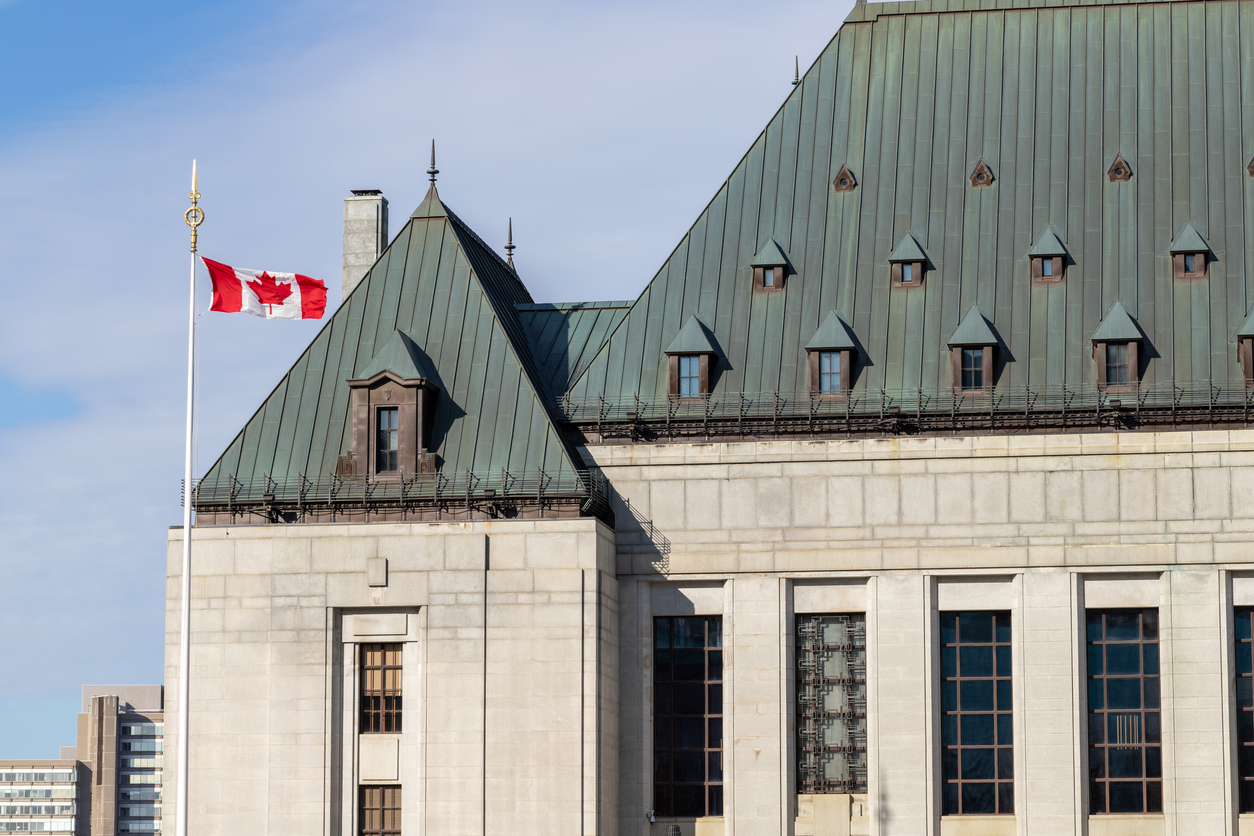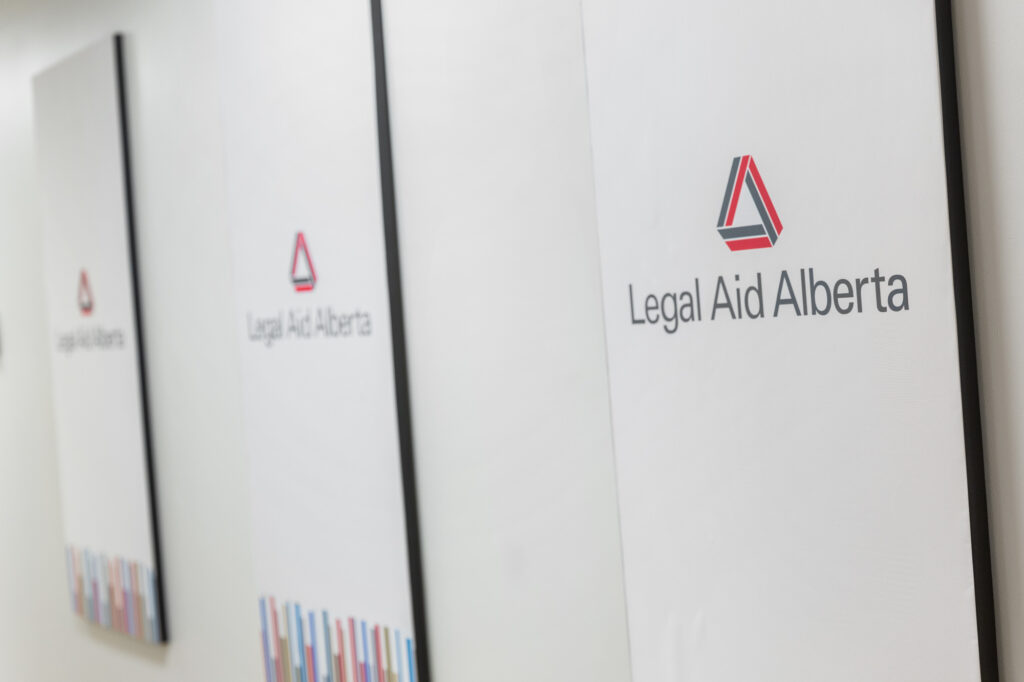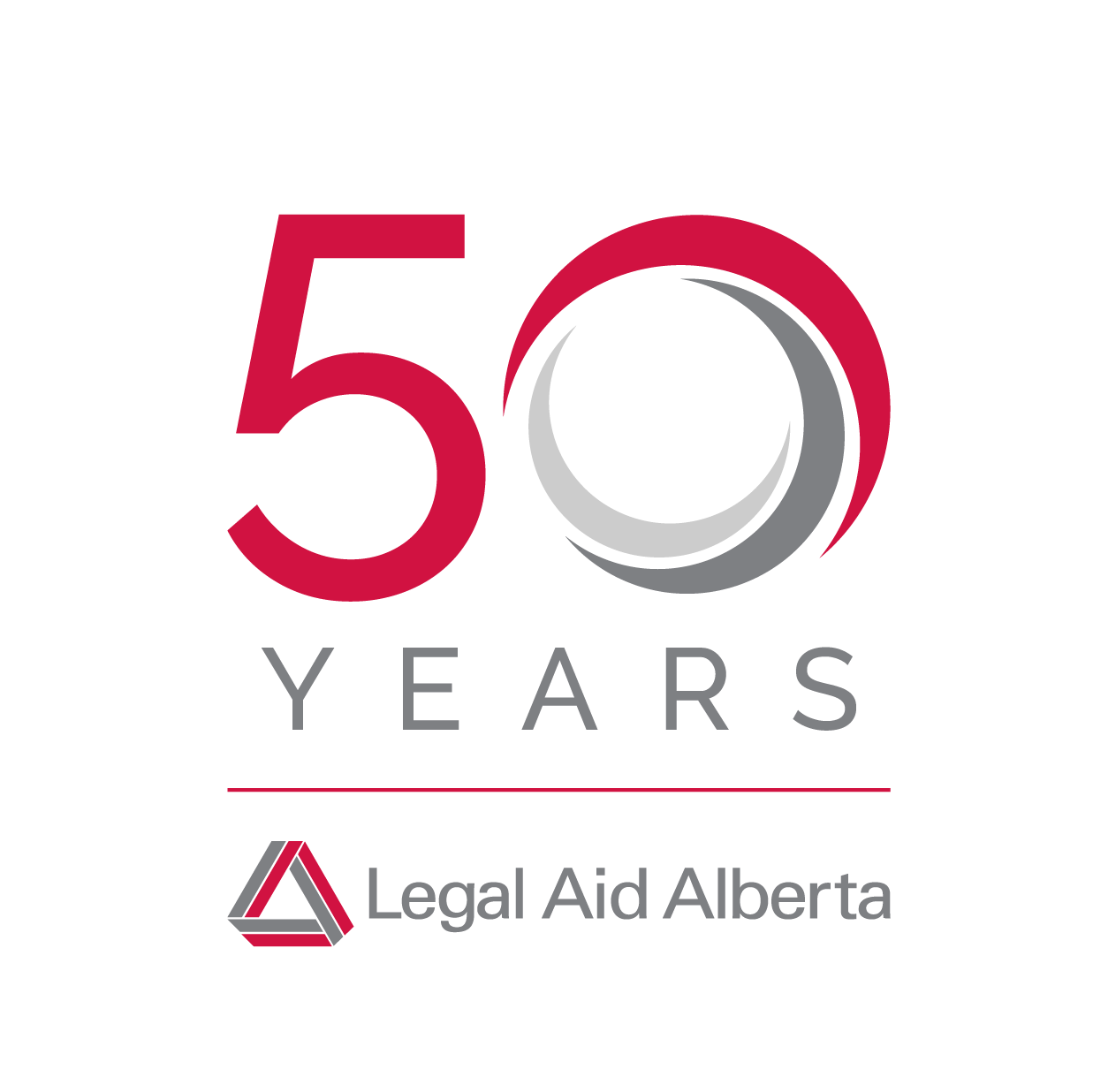2010s - Present
The compiled list of events were collected through archives, newspapers, old annual reports and interviews with Legal Aid Alberta employees.

Add Description Here

by 43 per cent compared to 2004. Some factors may have included Alberta’s economy, growing population and changing demographics.

providing tailored services to clients by offering legal information, legal advice and access to early resolution programs or full representation.

and provides critical support to individuals facing domestic violence.

with 18 offices established across the province in both urban and rural areas, and 275 employees to support its expansion.

LAA issues over 30,000 certificates annually for the first time.
Credit: Canadian Press

Suzanne Polkosnik becomes the second President and CEO of Legal Aid Alberta.

to manage bail hearings and guilty pleas.

to streamline client service and reduce costs.

34% increase since 2010.

LAA establishes a one point of contact for lawyer inquiries and repayment inquiries. LAA sees an increase in priority calls from individuals in custody by 41 per cent or 58,000 more calls.

The Government of Alberta increases financial eligibility for clients by 3 per cent. The hourly tariff rate paid to roster lawyers rises from $84 to $92.40.
Material republished with the express permission of: Edmonton Journal/Calgary Herald, a division of Postmedia Network Inc.

Maria David-Evans is appointed interim President and CEO.

and sets out a transformative era for LAA with a sharp focus on LAA clients, strengthened relationships with justice system partners and funders, and continuing work on a new Governance Agreement.

for the first time, expanding the availability of duty counsel services for Albertans facing both criminal charges and mental health issues.

for the first time, expanding the availability of duty counsel services for Albertans facing both criminal charges and addiction issues.

offering bail hearing representation across the province. All Albertans held in custody are eligible.

to advocate for a lower presumptive ceiling for youth proceedings.

A sustainable funding model is introduced that guarantees funding for LAA to provide mandated services as outlined in the agreement, signed by LAA, the Government of Alberta and the Law Society of Alberta.

LAA adapts to the changes in working environments, providing an employee work from home program, advanced appearance duty counsel service by phone, and Webex for virtual courthouse appearances.

The Criminal Trial Group is comprised of staff lawyers who assist clients with challenging cases and require more time and resources from the courts and lawyers.

with the goal of reaching more Albertans in need.

The Youth Criminal Law Panel is comprised of lawyers with specific training to represent youth in criminal matters.

recognizes the crucial role of duty counsel in protecting our legal rights.

The Child Representation Panel and Complainant Panel consist of lawyers with specific training to support clients facing unique legal challenges.

for the first time, expanding the availability of duty counsel services to support Indigenous clients. An official opening ceremony takes place in September 2022.

Since its inception in 2018, the Justice of the Peace Bail Program records 120,000 bail hearings for Albertans held in custody.

with the goal of modernizing the codes that roster lawyers use to invoice LAA. The hourly tariff rate paid to roster lawyers, controlled by the government, is excluded. Some criminal defence lawyers begin refusing to accept legal aid cases demanding an increase in the rate.

The Government of Alberta announces an 8 per cent increase to financial eligibility and an 8 per cent increase to the hourly tariff rate for roster lawyers, bringing the rate from $92 to $110 per hour.

The Government of Alberta announces a 25 per cent increase to the hourly tariff rate paid to roster lawyers bringing the rate from $110 to $125 per hour.

improving the simplicity of the invoicing process and providing roster lawyers with the proper recognition for the complexity of work put into any given legal matter.

introduced to focus on quality legal support for clients in the child welfare system and those facing major crimes.

since incorporation as a non-profit society in 1973.

